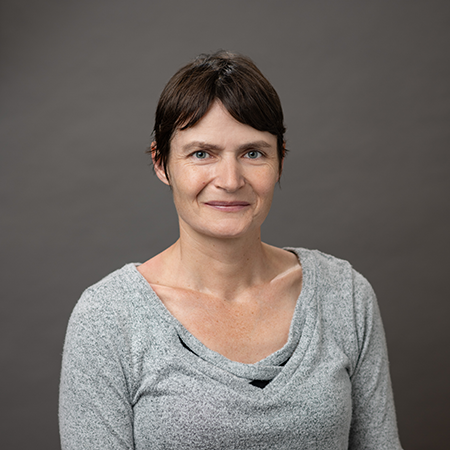Dr. Rachel Mason’s research focuses on connections between agriculture and climate change, in both directions. Her recent work at the University of Vermont included simulating crop yields and environmental outcomes (e.g., runoff, erosion, etc.) on dairy farms in a warmer, wetter climate and evaluating the scientific literature on cattle production and climate change. At SESYNC, Rachel investigated links between elevated atmospheric carbon dioxide (CO2) levels and the nitrogen (N) concentration of plants. As N is an essential component of protein, CO2-induced declines in plant N could have far-reaching consequences for herbivores—from leaf-eating insects to grazing livestock. Ecology/environmental science is a distinct change of field for Rachel. After earning a PhD in astronomy, she spent several years as a scientist at some of the world’s major astronomical observatories before becoming increasingly preoccupied with the question of: “How can we have good food, happy people and animals, and a healthy environment—preferably all at the same time?” As well as being interested in the biophysical underpinnings of sustainable agriculture, Rachel is fascinated by the ways in which we frame and discuss issues in the food system.
External Links:
https://scholar.google.com/citations?user=Gq4KOXQAAAAJ&hl=en
